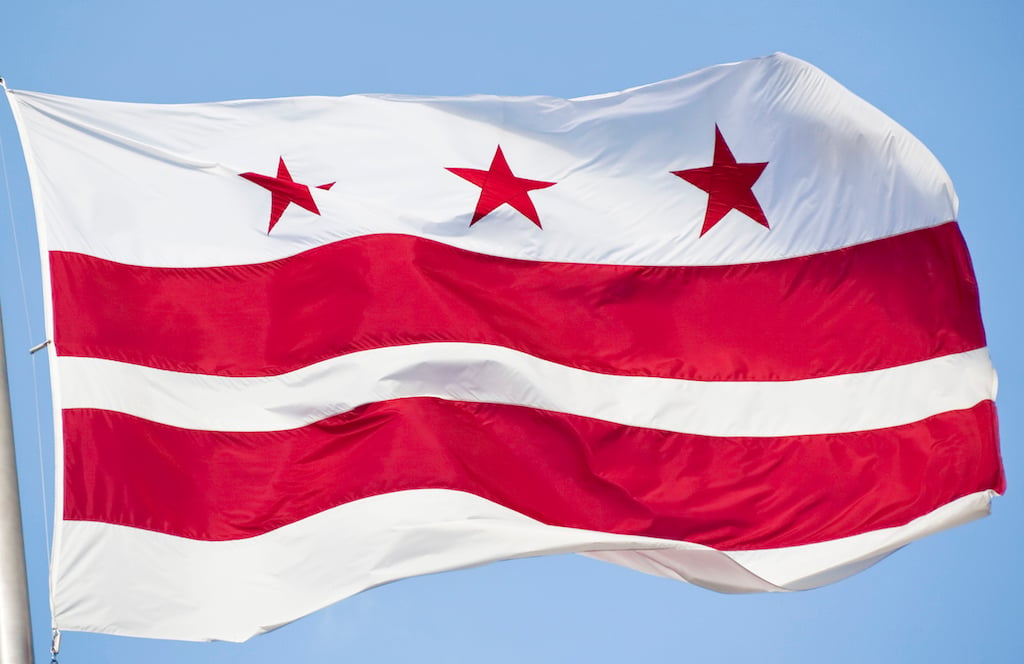The Biden administration is expressing its support for legislation pending in the House of Representatives that would make DC a state.
“For far too long, the more than 700,000 people of Washington, D.C. have been deprived of full representation in the U.S. Congress,” the Office of Management and Budget said in a statement of administration policy issued Tuesday. The DC statehood bill, known as HR 51, “rights this wrong by making Washington, D.C. a state and providing its residents with long overdue full representation in Congress, while maintaining a Federal District that will continue to serve as our Nation’s seat of government.”
The development drew cheers from DC Mayor Muriel Bowser, who Tweeted, “Thank you, President @JoeBiden, for your support of H.R. 51!”
Thank you, President @JoeBiden, for your support of H.R. 51! #DCStatehoodNow pic.twitter.com/fOioPm27lc
— Muriel Bowser (@MurielBowser) April 20, 2021
The DC statehood bill is expected to be approved soon in the House, where Democrats hold a slim majority. But, according to CNBC, it has little chance of surviving the Senate, since Democrats don’t have the 60 votes needed to end a filibuster in the upper chamber.
In their efforts to block the bill, Republican lawmakers have raised all manner of objections. During a press conference Tuesday, for example, South Carolina GOP Congresswoman Nancy Mace claimed that “D.C. wouldn’t even qualify as a singular congressional district.”
The comment became the subject of mockery on Twitter, where users noticed that standing right behind Congresswoman Mace at the press conference was another Republican lawmaker, Liz Cheney, whose Wyoming district has even fewer residents than DC.
See that woman right behind Nancy Mace? That’s Liz Cheney, whose entire state of Wyoming has less residents (578k) than Washington, DC (705k). https://t.co/RdUpiYqnKu
— Brian Tyler Cohen (@briantylercohen) April 20, 2021


![Luke 008[2]-1 - Washingtonian](https://www.washingtonian.com/wp-content/uploads/2017/10/Luke-0082-1-e1509126354184.jpg)












